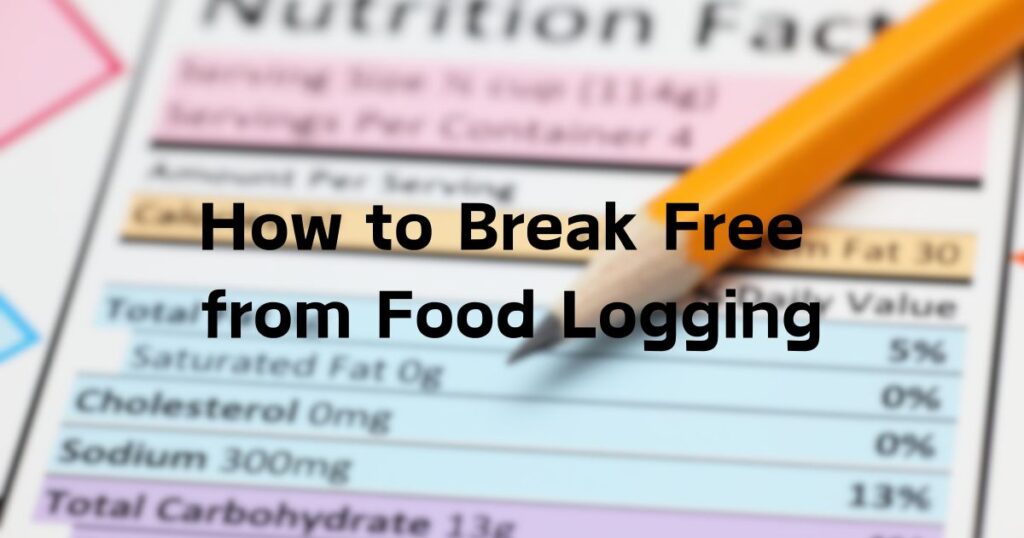Step away from the food log and into a world of mindful eating and intuitive nourishment. In this enlightening post, we explore the transformative journey from strict food tracking to embracing food freedom. Discover the joy of eating without guilt, the benefits of listening to your body, and practical strategies for maintaining a healthy relationship with food. Say goodbye to the stress of diet diaries and hello to a life filled with balance, pleasure, and health. Join me on the path to dietary freedom and unlock the secrets to a happier, healthier you. Read More . . .
Done with Dieting Episode #111: Menopause Series Part 1: Eating & Nutrition
The connection between eating and menopause is complex and multi-faceted. During menopause, changes in hormone levels can impact a woman’s metabolism and make it more difficult to maintain a healthy weight. Additionally, changes in appetite, cravings, and food preferences can also occur during this time. Here are some ways that eating and menopause are connected: Hormonal fluctuations: Hormone levels, including estrogen, progesterone, and testosterone, can impact a woman’s metabolism and hunger levels during menopause. These fluctuations can lead to changes in appetite and food cravings. Weight gain: The hormonal changes that occur during menopause can slow down metabolism and make it more difficult to maintain a healthy weight. Poor eating habits, such as consuming a diet high in processed foods and added sugars, can exacerbate this issue and lead to weight gain. Fatigue and energy levels: Menopause can also impact energy levels and fatigue, which can in turn impact a Read More . . .

